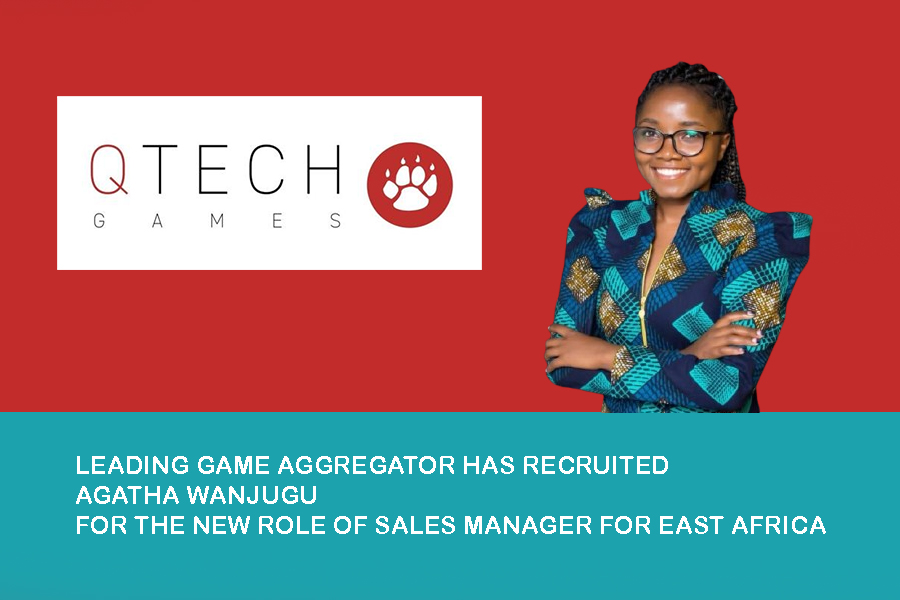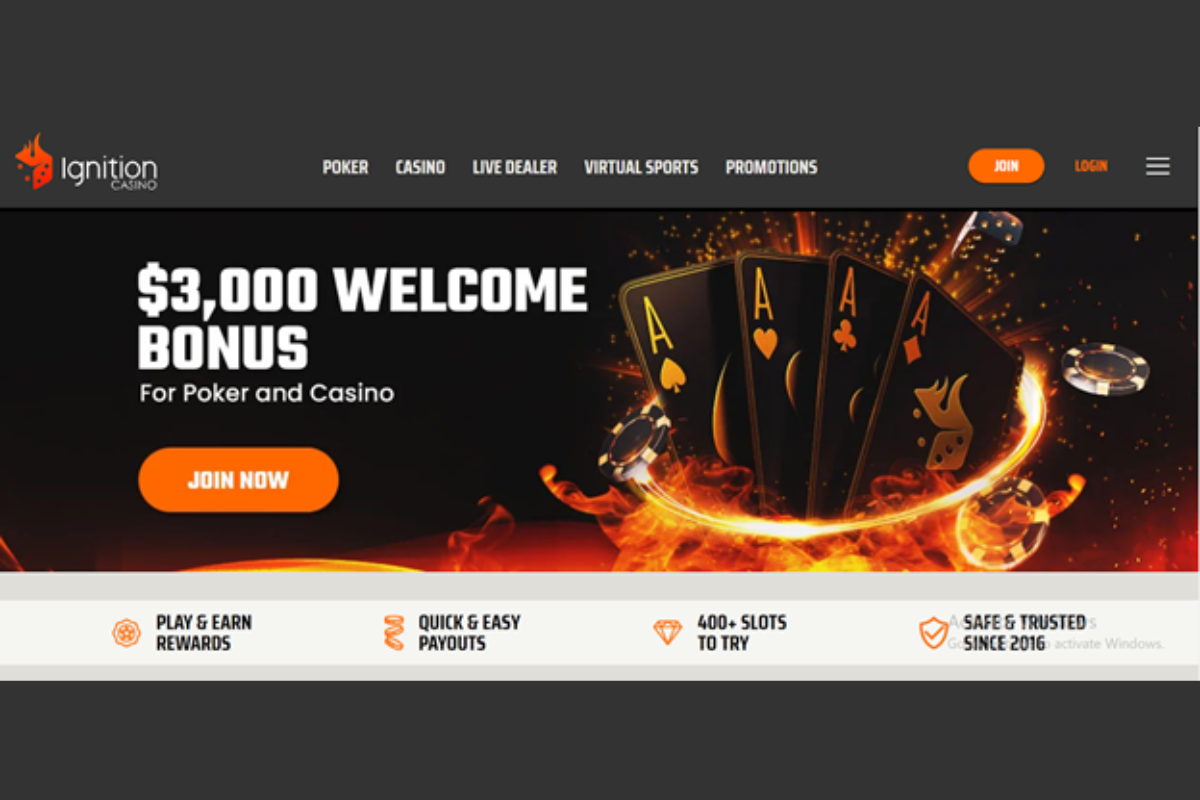Gambling in the USA
PARX CASINO persuades the Keystone states regulators to confine the number of IGOs in the state
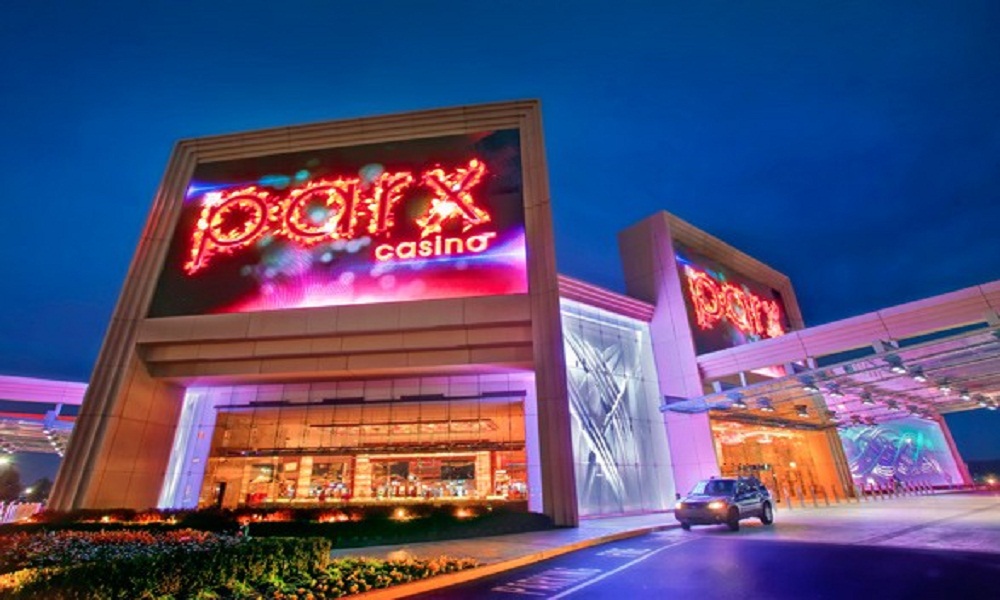
In an effort to confine the number of Interactive Gaming Operators (IGO’s — aka skins) that can establish shops in the State of Pennsylvania, Parx Casino Bensalem, the largest casino complex based in Pensylvania owned and operated by the Greenwood Gaming and Entertainment (GGE), persuaded the regulators of the state.
Parx: One skin per certificate holder
As per a letter discovered by Gambling Compliance Research Director, Chris Krafcik, on January 30th, GGE beseeched the keystone state’s Gaming Control Board (paywall) to confine specifically each incoming internet gambling certificate holder (understood to be the land-based casinos that currently possess a license to conduct brick & mortar business in PA) to one skin per establishment; and that all branding should directly correlate to the main license holder.
GGE argued “The contrary scenario — whereby a Certificate Holder can have unlimited skins with it bestowing the ability to operate with any number of Interactive Gaming Operators (“IGOs”), some perhaps in partnership with third-party Qualified Gaming Entities and utilising the third party’s brand — creates a sublicensing regime that essentially transfers licensing authority from the PGCB to the Certificate Holder.”
In addition, GGE clings to the belief that the Board “should require that any branding associated with those skins match the brand of the Certificate Holder’s commercial casino operating under its PGCB slot machine license.” The entire email correspondence from GGE to the Gaming Control Board is available here.
The mandates suggested by GGE would essentially block sub-licensees (such as PokerStars, Betfair, and WSOP) from marketing their brands in Pennsylvania while locking-down the state’s future iGaming market in favour of a handful of large casinos with major brand power and customer databases in Pennsylvania. Parx Casino would, of course, be a primary beneficiary of such a policy, as it is the long-standing revenue leader in the PA brick & mortar casino industry.
Parx Casino is joined by Hollywood Casino Grantville, parent company Penn National, in its view that Pennsylvania should not adopt a similar strategy to neighbouring New Jersey, where iGaming revenue has consistently risen as more IGOs have entered the picture.
Response from iDevelopment and Economic Association
The iDevelopment and Economic Association (iDEA – which encompasses iGaming power brokers such as The Stars Group, GVC Holdings (parent company of Party Poker), Resorts Interactive and Tropicana Entertainment) has responded to GGE’s lobbying efforts with its own communication to the Pennsylvania Gaming Control Board.
Not surprisingly, iDEA points to the current New Jersey iGaming model which has provided clear benefits for the health of the industry as well as Garden State residents through additional tax revenue.
“By allowing multiple skins per license, Pennsylvania will encourage robust competition among operators,” iDEA states in its letter to the PGCB.
“To compete with larger casinos, smaller casino operators might partner with both poker and table game operators under separate skins to provide innovative products under larger brand names,” iDEA adds. “Without the availability of multiple skins, they would be unable to do so. That competition and innovation will result in higher revenue for the state and greater satisfaction for players.”
Thoughts and analysis
There is truth to iDEA’s arguments, as the allowance of multiple skins does encourage competition, ultimately resulting in a healthier environment for both operators and players. In New Jersey, there’s been a clear appetite for more sites than there are casinos, with brands such as Betfair and Play Sugar House gaining significant market share, all while bolstering the revenue of smaller Atlantic City brands.
In Pennsylvania, limiting the number of skins will be highly discouraging to smaller casinos, as the licensing fee to become an iGaming certificate holder for slots, table games, and poker is set at an outlandish $10 million (or $4 million per vertical). It is hard to foresee lesser land-based casinos getting too excited about paying this exorbitant amount for just one or two sites, especially for online gambling services that offer slots, which will be taxed at an unprecedented 54 percent of Gross Gaming Revenue.
Not to mention, if the sites are required to be self-branded, big brands like Parx will have a built-in advantage at launch, further discouraging smaller brands from taking a shot. This will be a shame, as smaller brands have proven more successful than the top dogs in New Jersey over the long haul — a fact we assume Parx is well aware of.
Ultimately this feels like a power grab from Parx, who will be a reluctant participant in the iGaming industry, and is looking to protect its industry-leading brand by all but preventing its competitors from entering the space.
The Pennsylvania Gaming Control Board will have the last say on this developing story as Keystone State residents anxiously await the 2018-2019 rollout of real money internet gambling.
-

 Asia1 day ago
Asia1 day agoDigital gaming disruption tackled in 1st AsPac Regulators’ Forum
-
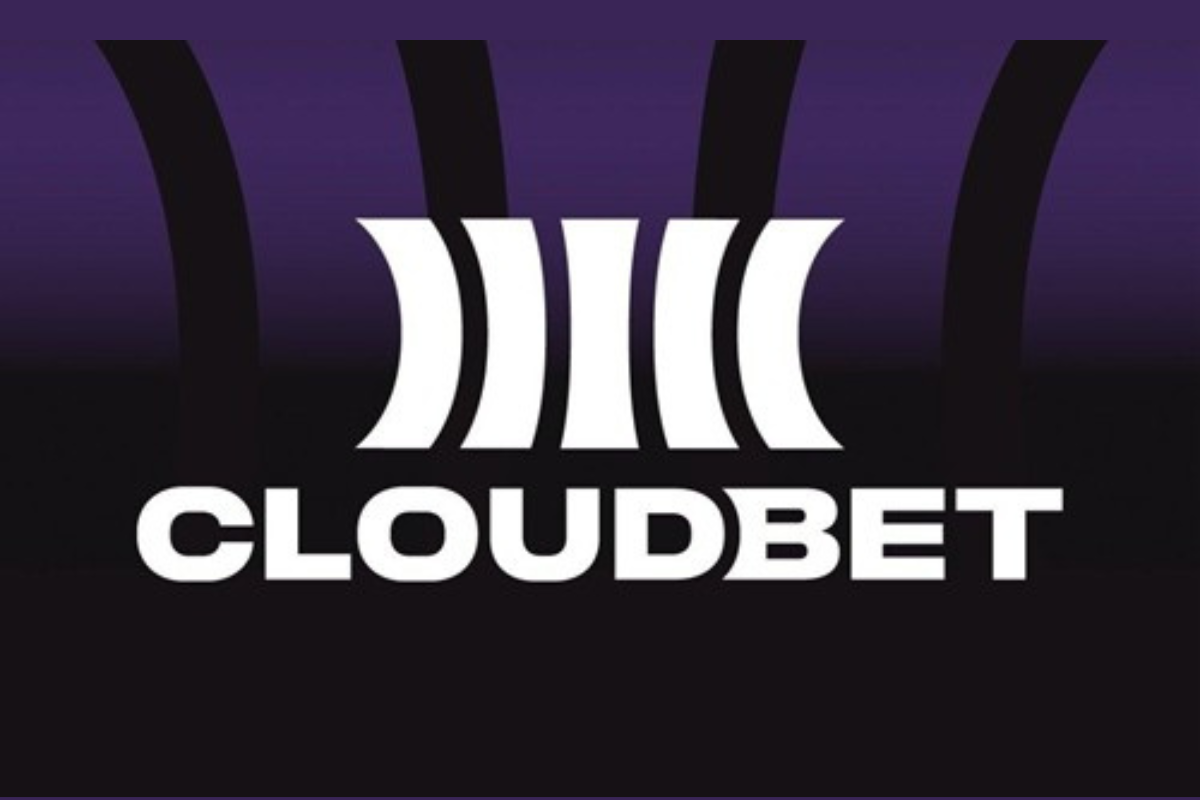
 Latest News4 days ago
Latest News4 days agoCloudbet maps regional betting trends in August–September 2025
-

 Latest News4 days ago
Latest News4 days agoHigh Roller Launches New Online Casino Brand in Finland
-

 Latest News4 days ago
Latest News4 days agoNetBet Denmark expands its casino library by adding SYNOT Games as a provider
-
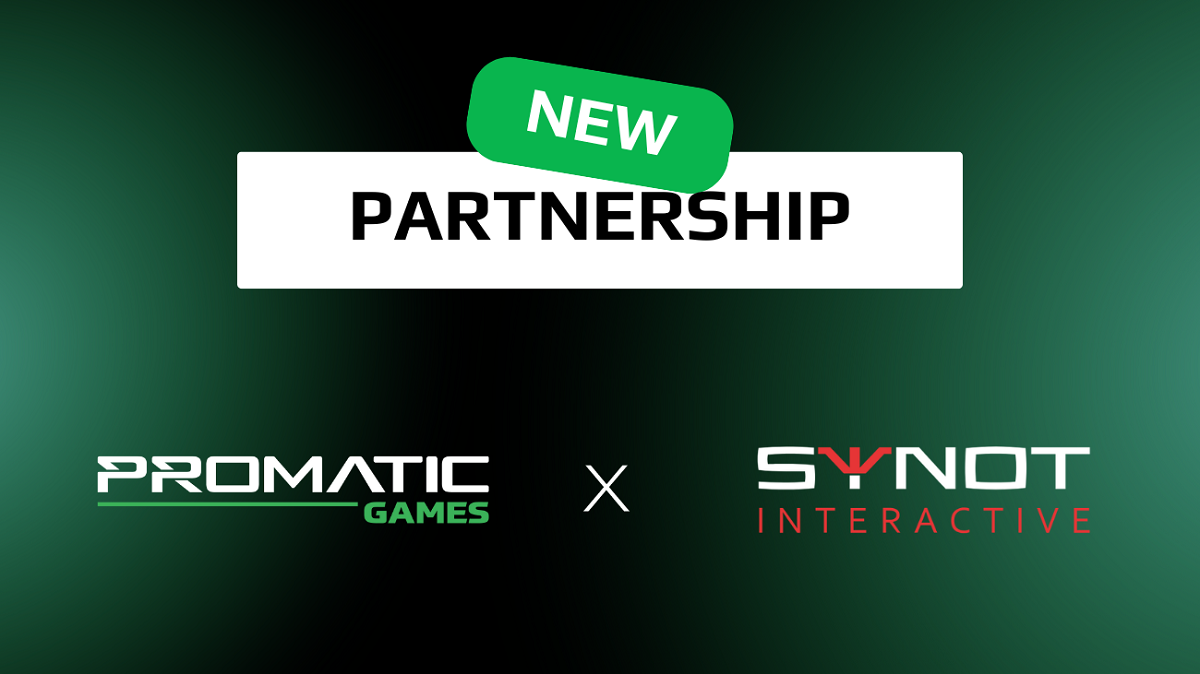
 Central Europe4 days ago
Central Europe4 days agoPromatic Games and SYNOT Interactive Announce Strategic Partnership to Strengthen iGaming Expansion in Central and Eastern Europe
-
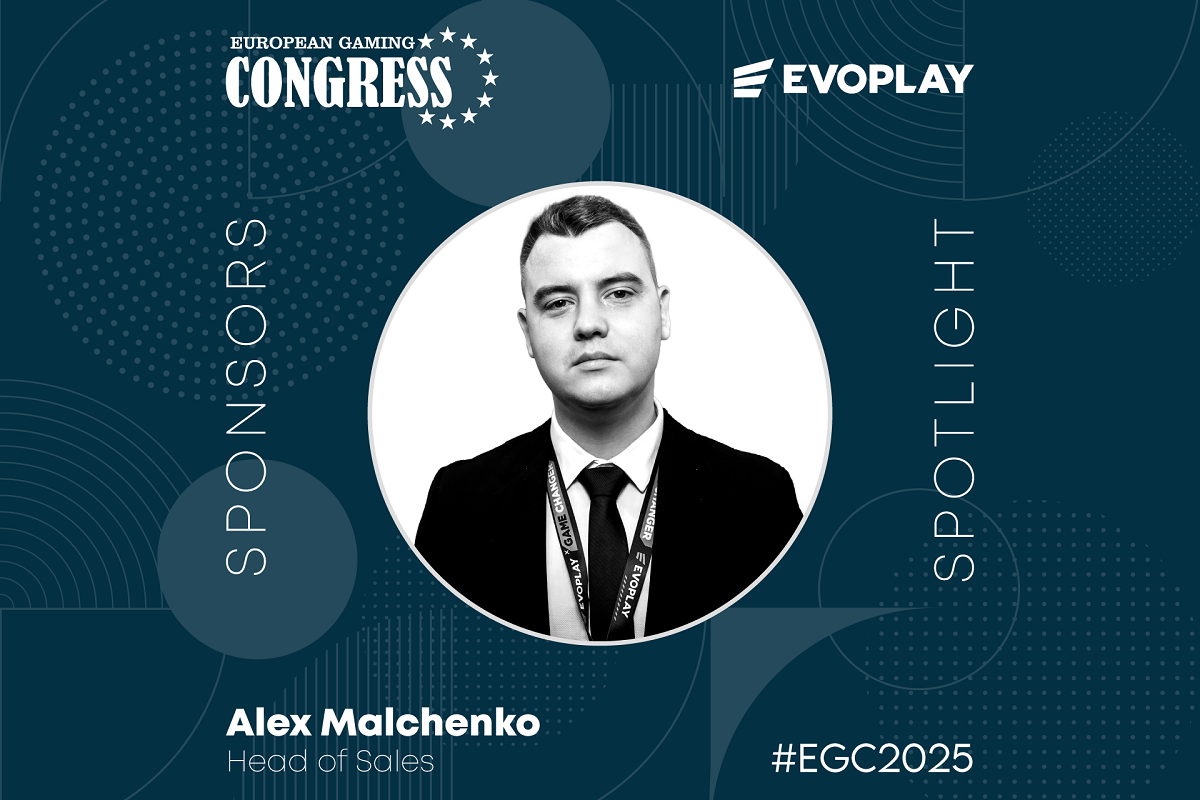
 Conferences in Europe4 days ago
Conferences in Europe4 days agoStrategies that Scale: Evoplay’s Alex Malchenko on Cracking the Code of Localised iGaming Success
-
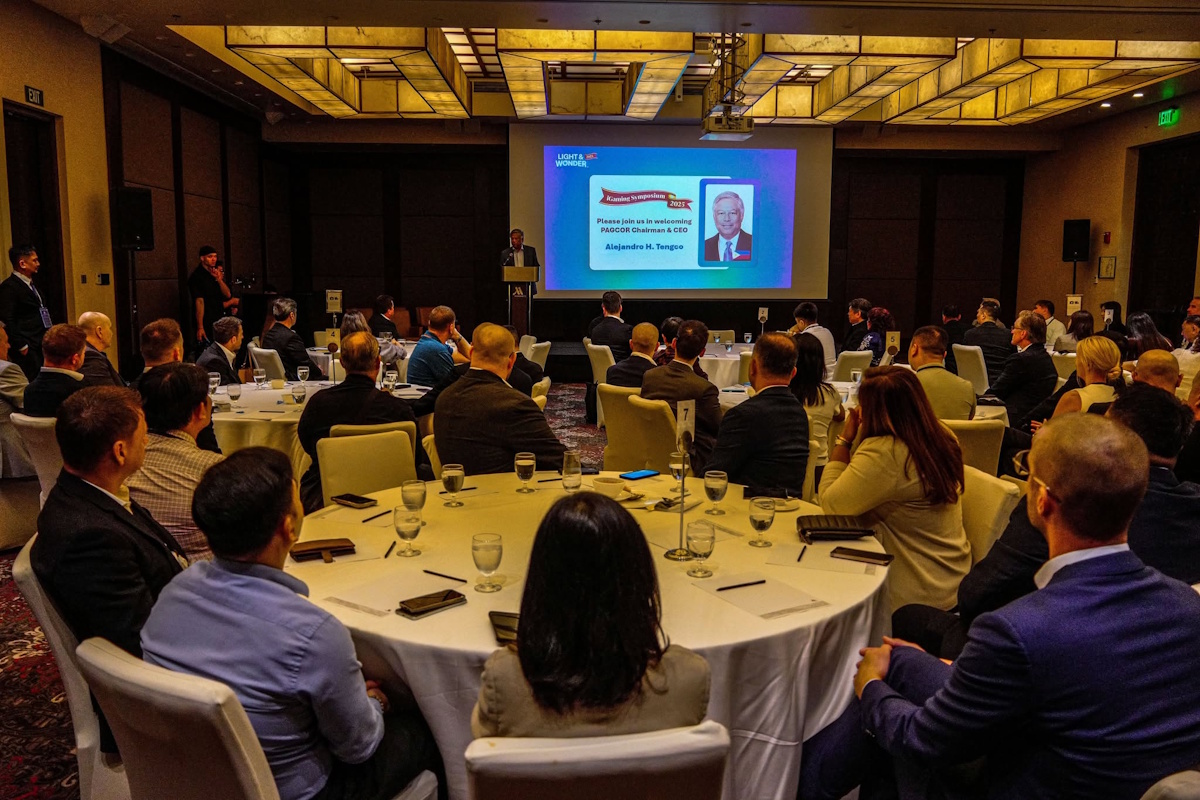
 Asia4 days ago
Asia4 days agoPAGCOR chief pushes for stricter regulation, not online gaming ban
-

 Conferences in Europe4 days ago
Conferences in Europe4 days agoNew Gamification Academy at SBC Summit to Present Fresh Approaches to Player Engagement
















